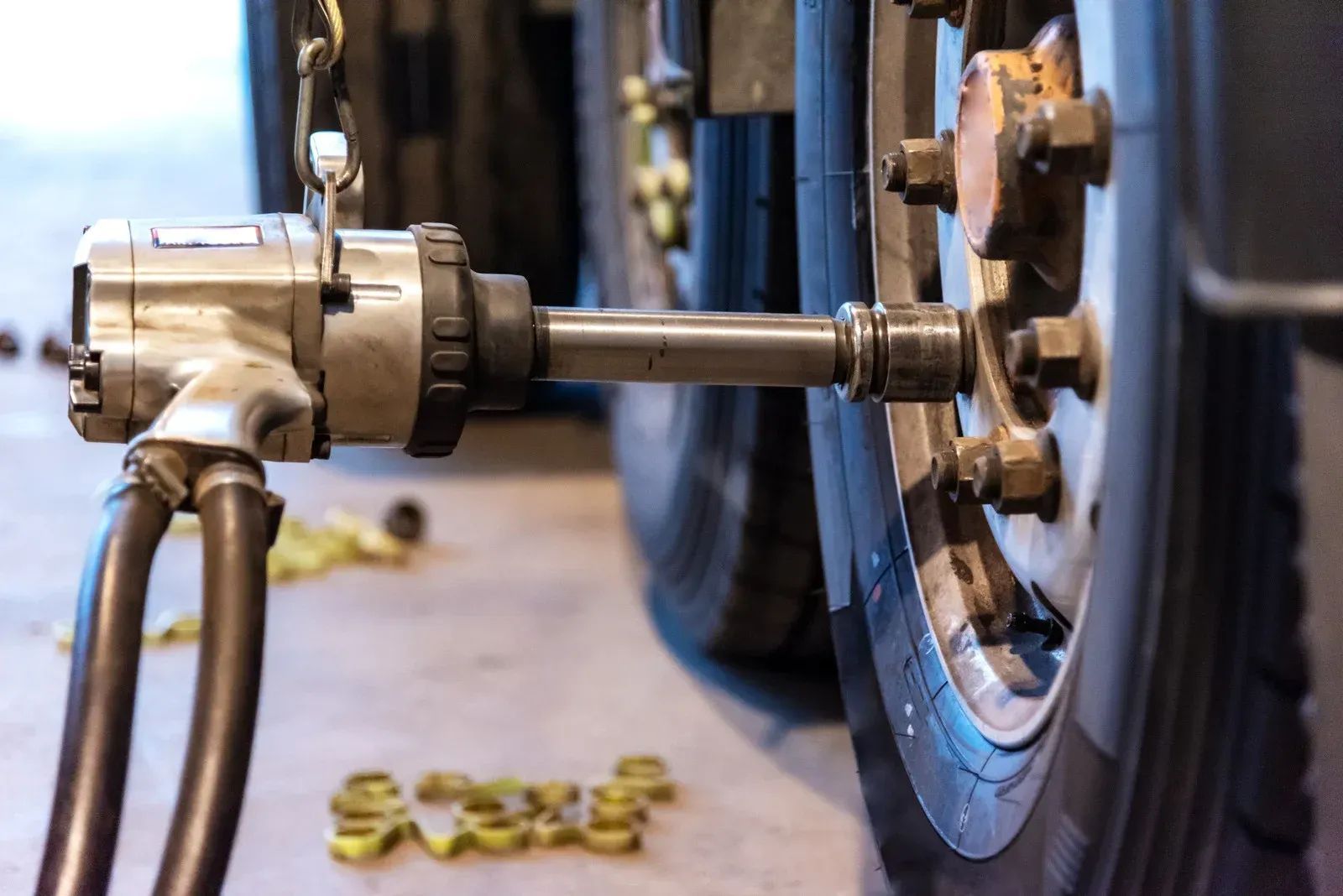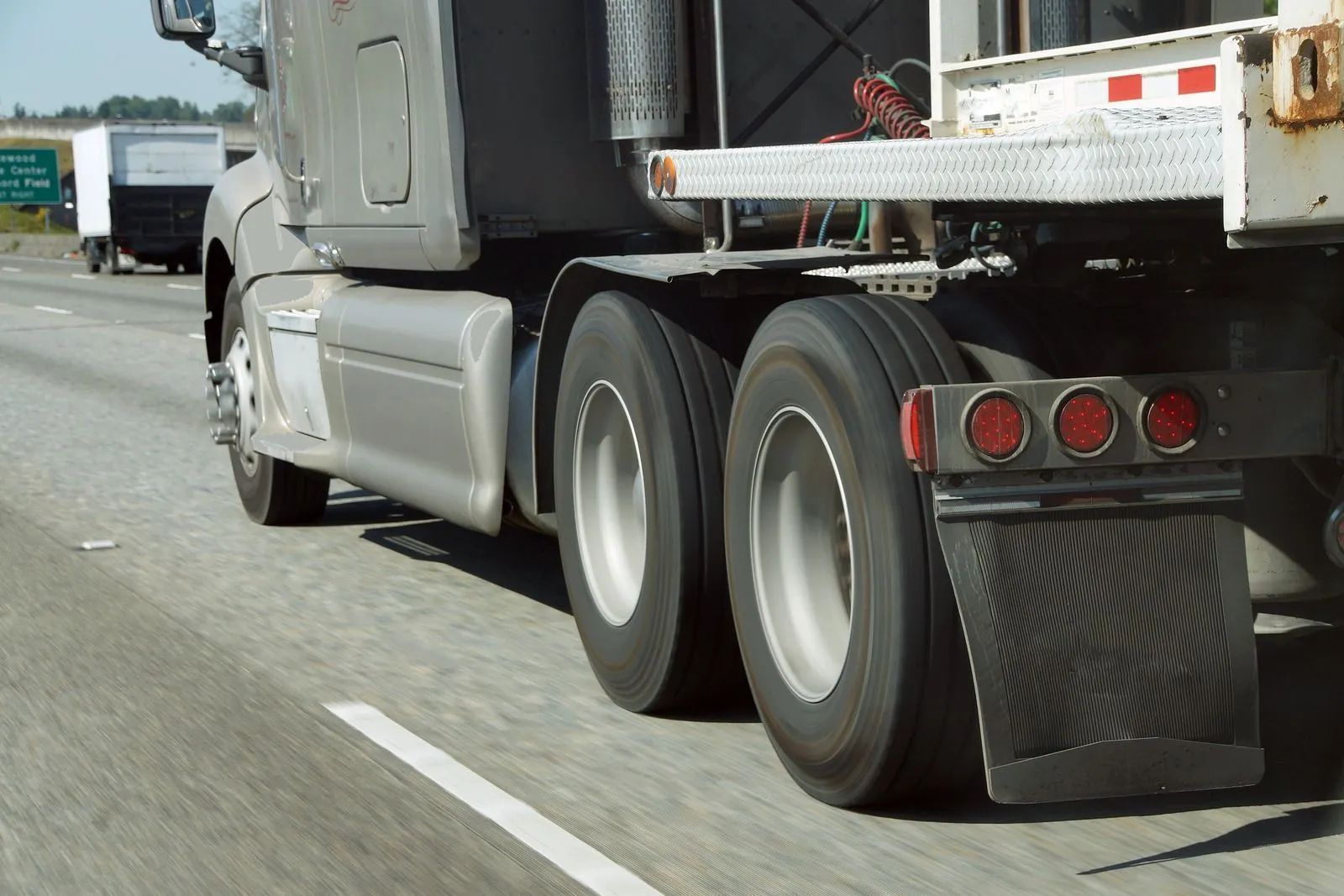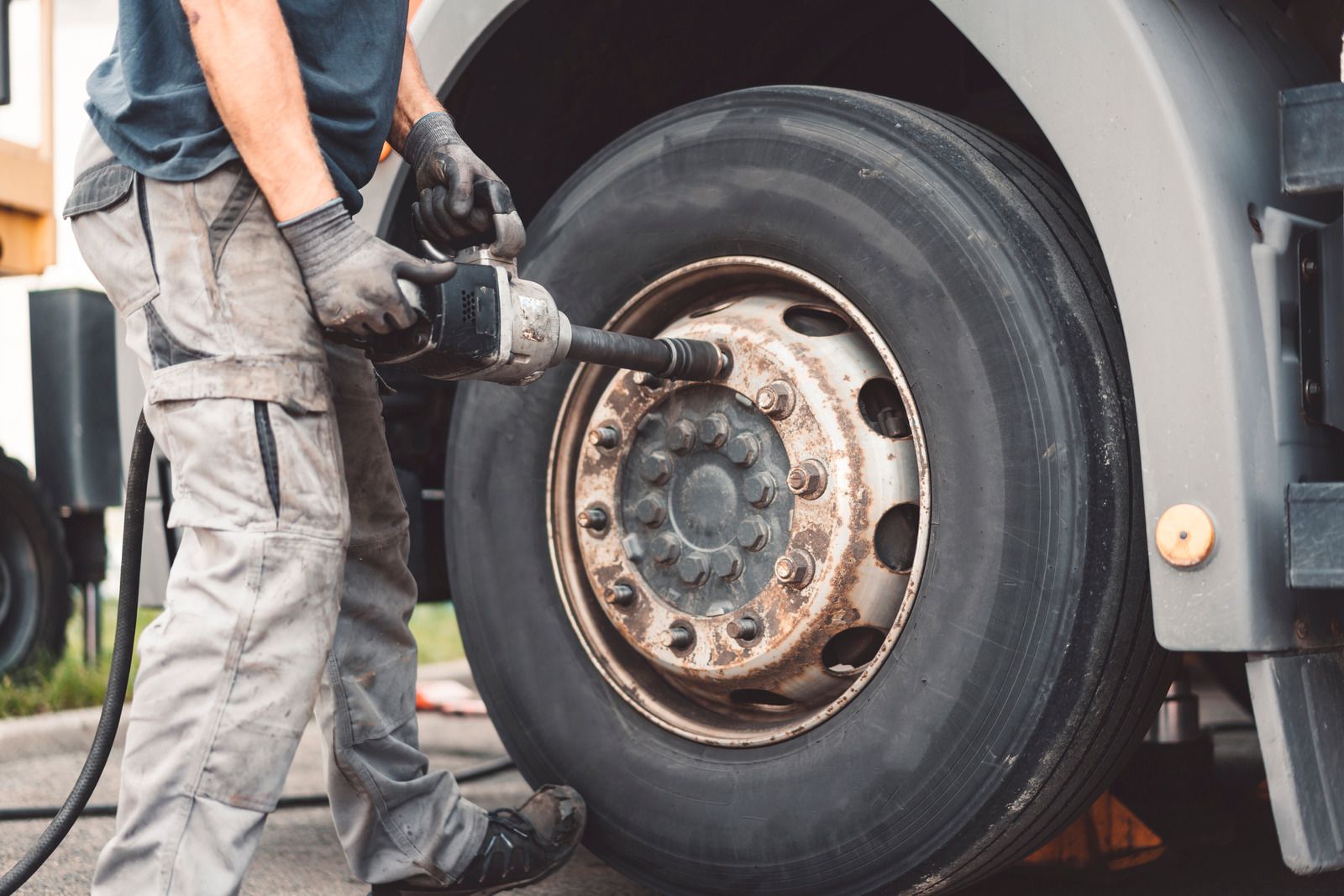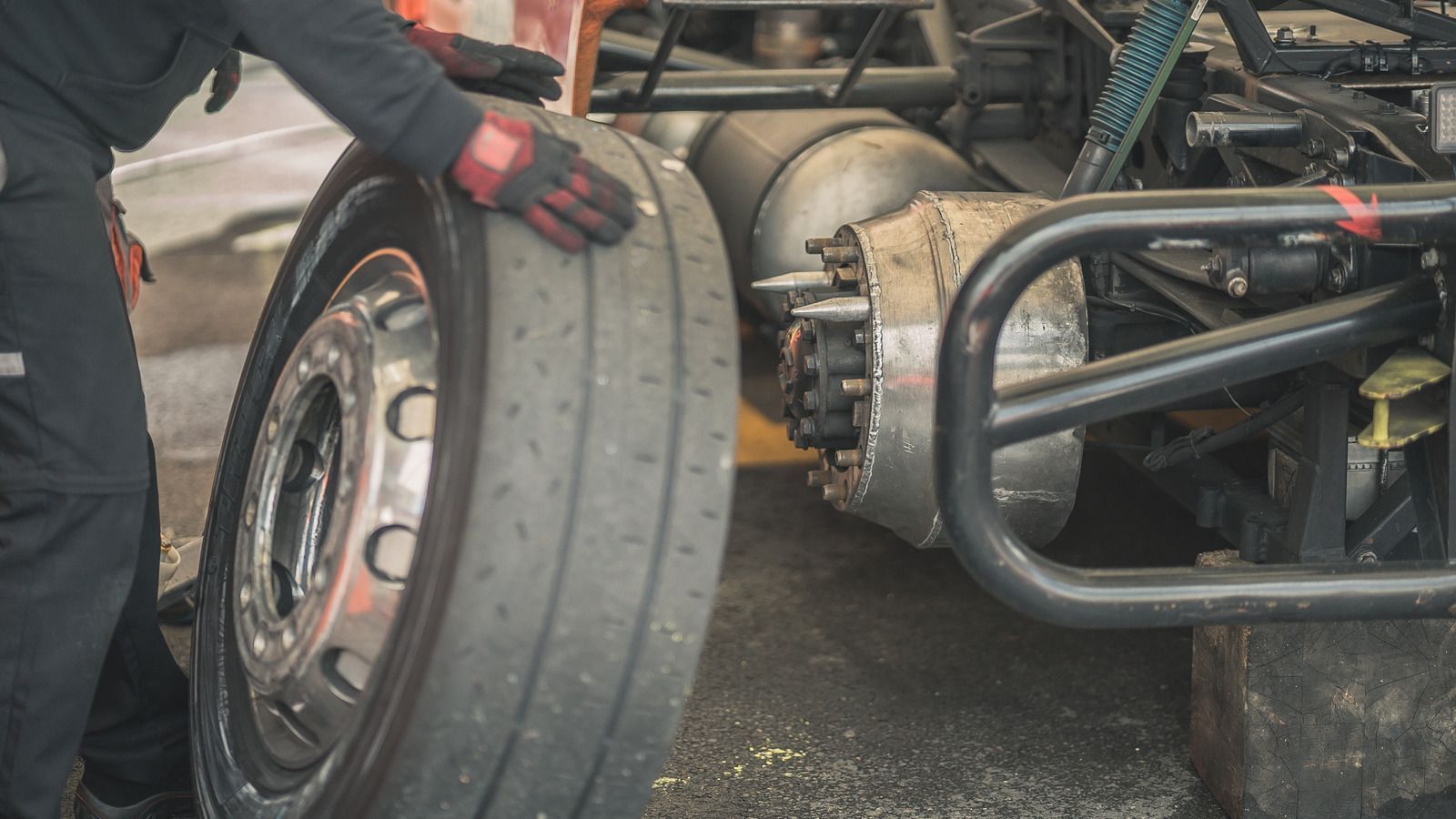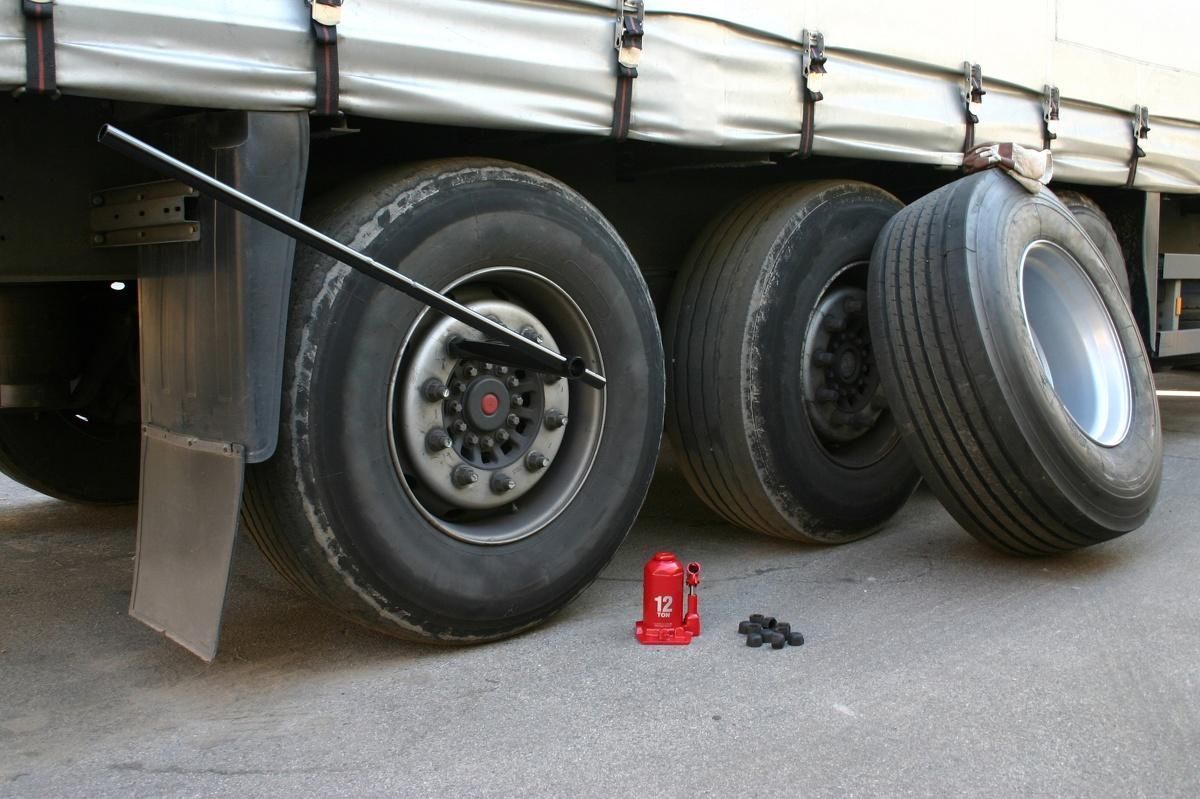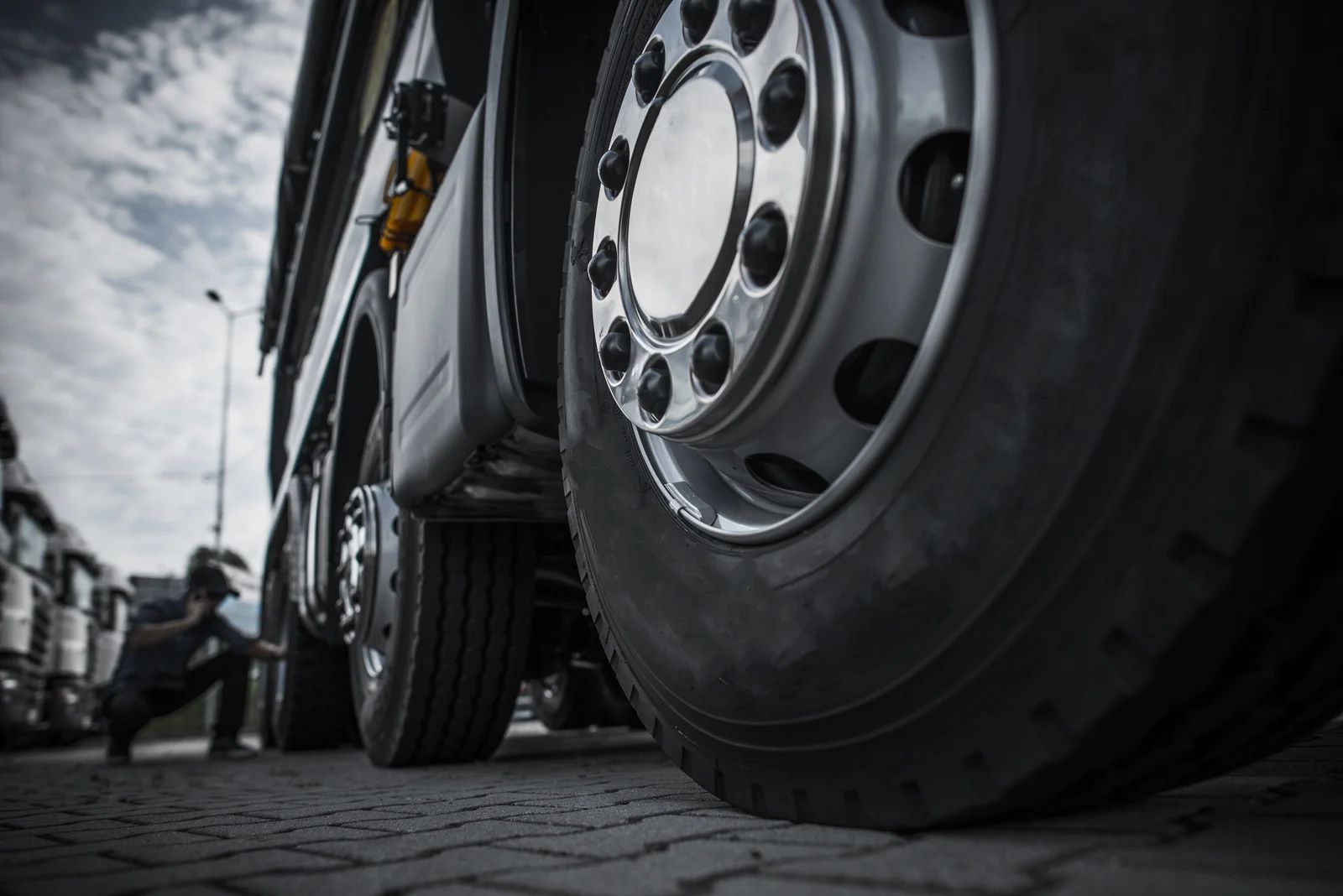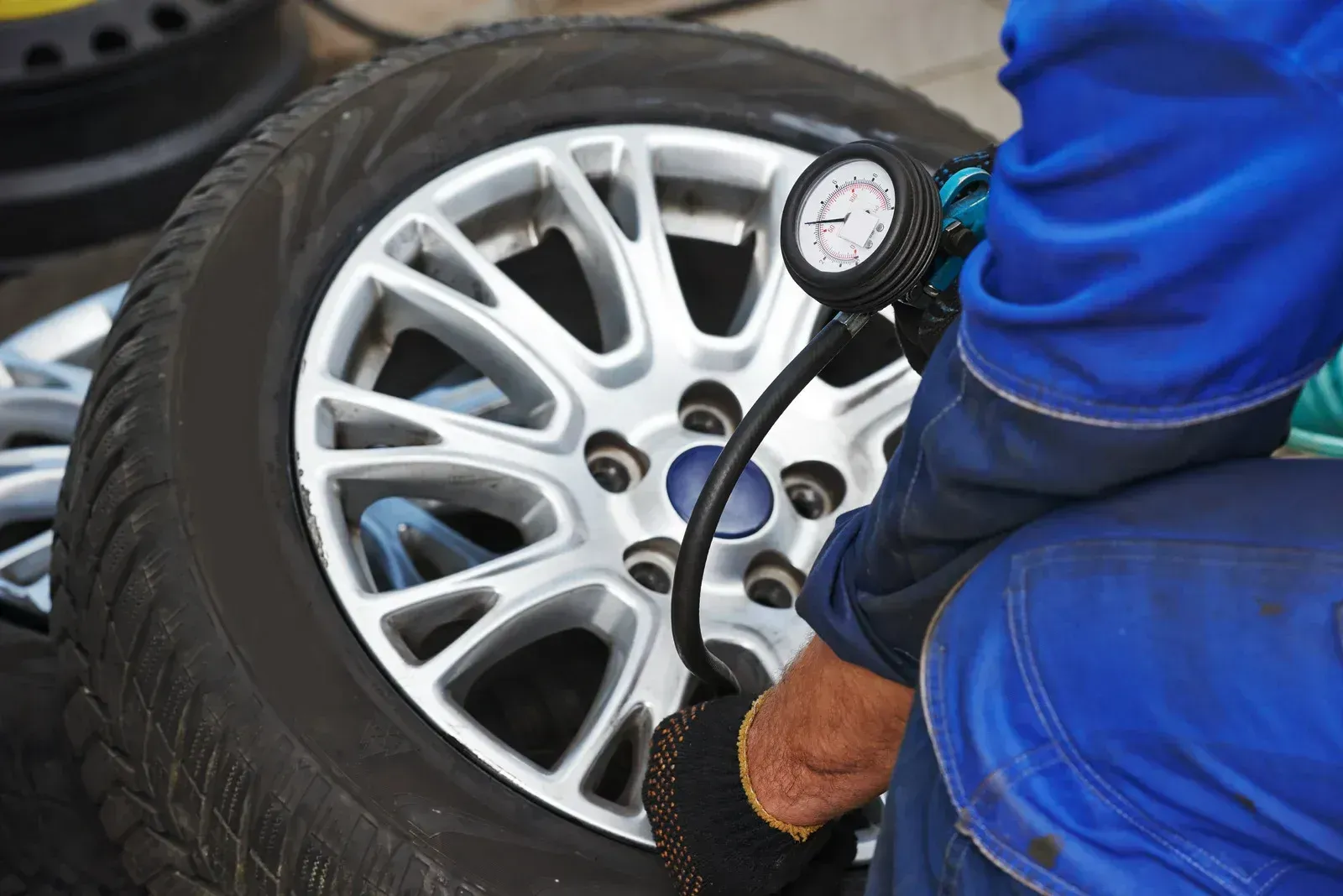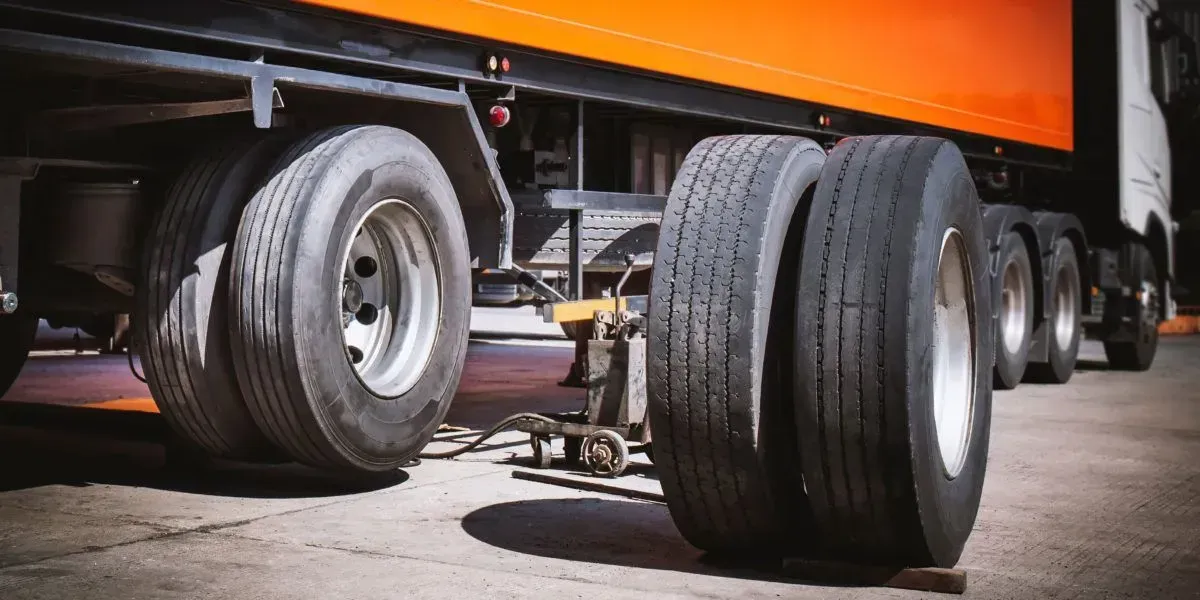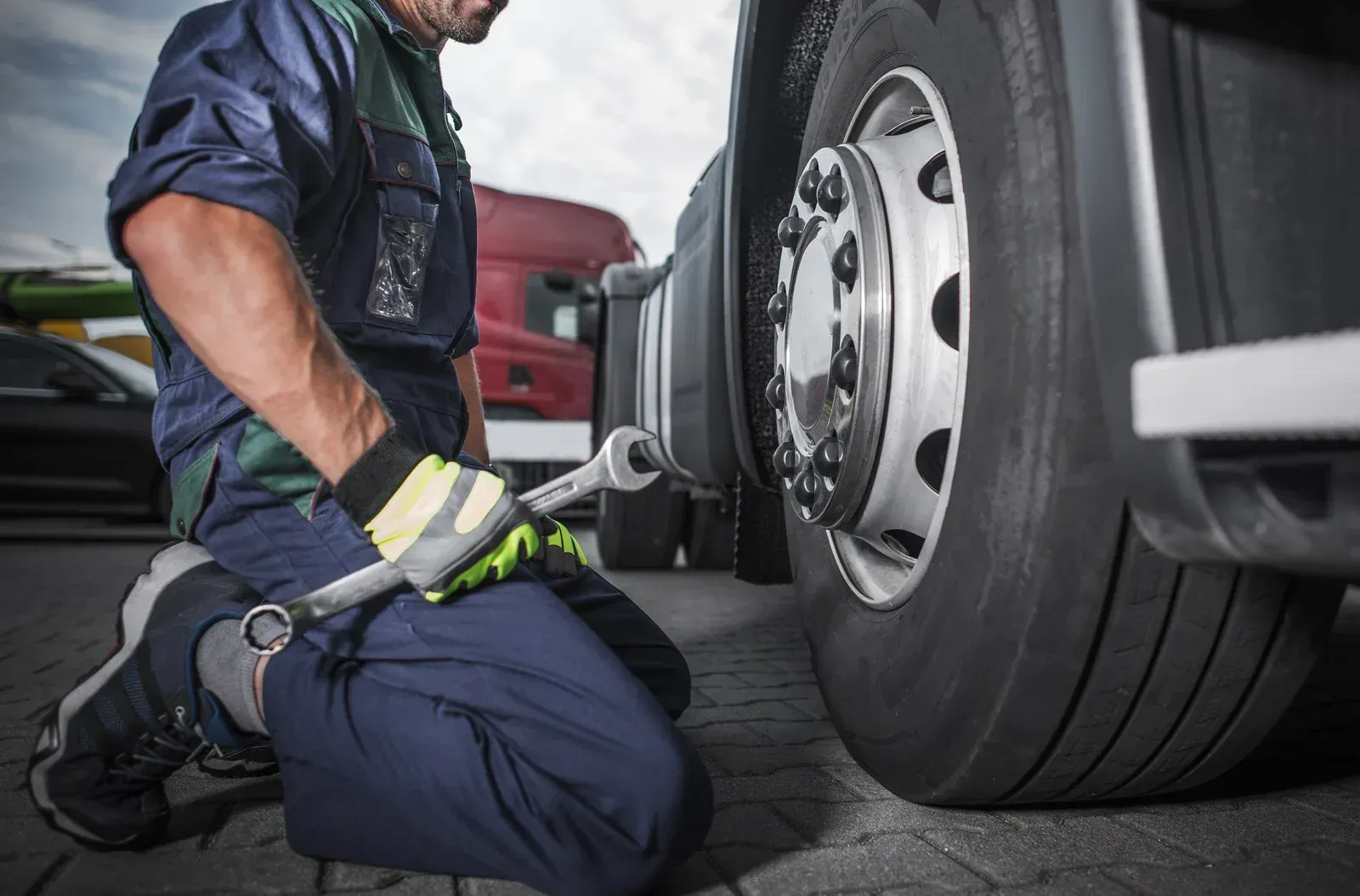Why Regular Tire Maintenance Is Critical for Fleet Safety
Fleet operators know that safety is non-negotiable when it comes to commercial trucking. Among all the components that keep a fleet moving, tires are often overlooked until a failure occurs. However, proper tire maintenance is not just about extending the life of a tire—it’s about preventing costly breakdowns, reducing accidents, and ensuring the overall reliability of the fleet.
Commercial tires face constant stress from long hauls, heavy loads, and varying road conditions. Without consistent inspections and care, small tire issues can escalate into dangerous problems. Well-maintained tires enhance performance, improve driver confidence, and reduce liability on the road. Let’s dive deeper into why tire maintenance should be a top priority in any fleet safety strategy.
1. Preventing Blowouts and Tread Failures
Tire blowouts are not just inconvenient—they're dangerous. Worn or improperly inflated tires are more prone to failure, especially at high speeds or under heavy loads. Regular tread inspections and ensuring tires meet minimum depth requirements help prevent catastrophic accidents that can put drivers and others on the road at risk.
2. Improving Fuel Efficiency
Underinflated tires increase rolling resistance, making engines work harder and consume more fuel. For fleets managing dozens or hundreds of vehicles, this inefficiency can translate into thousands of dollars in wasted fuel each year. Proper tire inflation, maintained through routine checks, directly improves mileage and operational costs.
3. Ensuring Load Stability and Braking Performance
Tires in poor condition compromise vehicle stability and braking efficiency. This is particularly dangerous when transporting heavy or sensitive cargo. Uneven wear or bald tires can cause delays in stopping distances and impact a truck’s ability to handle curves or slick surfaces. Properly maintained tires improve overall handling, helping drivers stay in control in any condition.
4. Avoiding Costly Downtime
Unexpected tire failures often lead to roadside breakdowns that delay deliveries and require expensive emergency repairs. With proactive maintenance,
fleet managers can schedule tire replacements and repairs during regular service intervals, avoiding unplanned downtime and preserving delivery schedules.
5. Regulatory Compliance and Safety Ratings
DOT inspections frequently target tire conditions. Non-compliant tires can result in fines, citations, and reductions in a company’s CSA (Compliance, Safety, Accountability) score. Regular tire checks help fleets stay ahead of inspections, maintain good standing with regulators, and project a strong safety reputation to clients.
6. Extending Overall Tire Life
Maintenance isn’t just about replacing tires—it’s also about making them last longer. Regular rotation, alignment checks, and balancing all contribute to even wear and extended tire life. A well-maintained tire fleet reduces replacement frequency and maximizes return on investment.
Trusted Tire Maintenance from Local Experts
For over 40
years, Fleet Truck Tires
has been the trusted name in commercial tire services for fleets across Bristol, VT. Our team understands the unique demands of fleet operations and delivers tailored maintenance programs to keep your tires safe, efficient, and compliant. Whether you're managing a small delivery fleet or a regional transportation network, our decades of experience ensure you receive top-tier tire care that keeps your business moving. Contact us today to schedule a tire safety inspection and experience the Fleet Truck Tires
difference.
